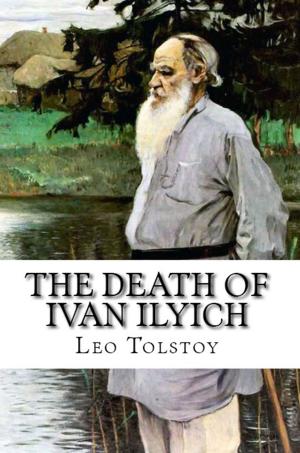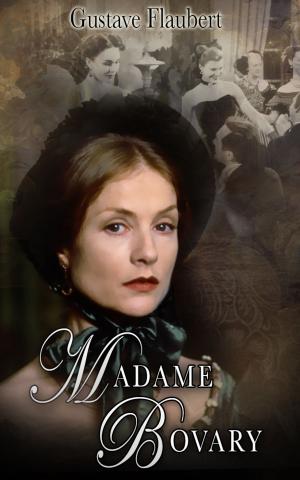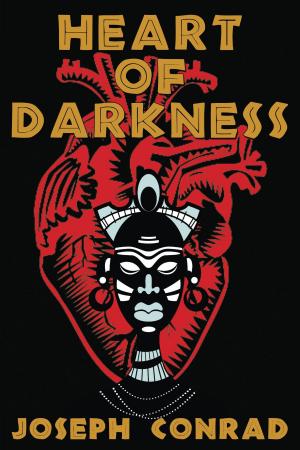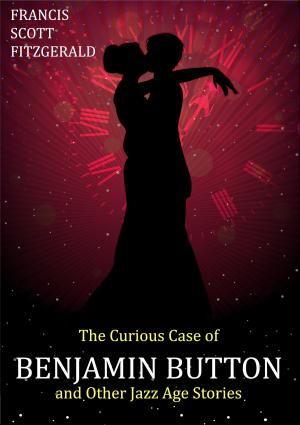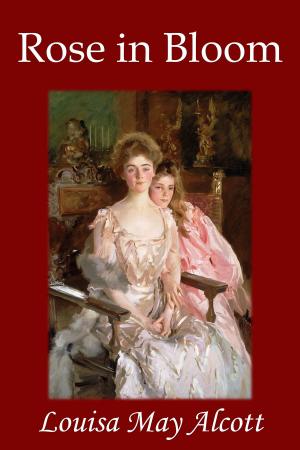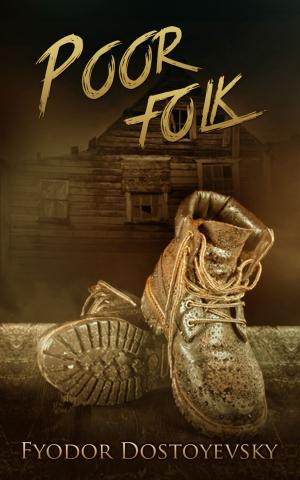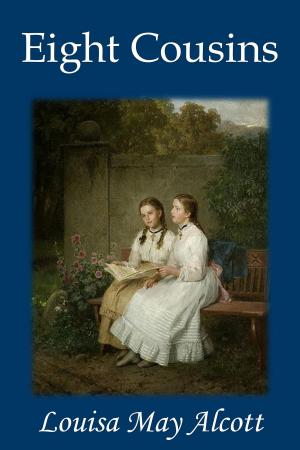| Author: | Walt Whitman | ISBN: | 1230000279215 |
| Publisher: | Starbooks Classics Publishing | Publication: | November 10, 2014 |
| Imprint: | Language: | English |
| Author: | Walt Whitman |
| ISBN: | 1230000279215 |
| Publisher: | Starbooks Classics Publishing |
| Publication: | November 10, 2014 |
| Imprint: | |
| Language: | English |
Leaves of Grass is a poetry collection by the American poet Walt Whitman (1819–1892). Though the first edition was published in 1855, Whitman spent his entire life writing Leaves of Grass, revising it in several editions until his death. Among the poems in the collection are "Song of Myself", "I Sing the Body Electric", "Out of the Cradle Endlessly Rocking", and in later editions, Whitman's elegy to the assassinated President Abraham Lincoln, "When Lilacs Last in the Dooryard Bloom'd".
[Overview]
This book is notable for its discussion of delight in sensual pleasures during a time when such candid displays were considered immoral. Where much previous poetry, especially English, relied on symbolism, allegory, and meditation on the religious and spiritual, Leaves of Grass (particularly the first edition) exalted the body and the material world. Influenced by Ralph Waldo Emerson and the Transcendentalist movement, itself an offshoot of Romanticism, Whitman's poetry praises nature and the individual human's role in it. However, much like Emerson, Whitman does not diminish the role of the mind or the spirit; rather, he elevates the human form and the human mind, deeming both worthy of poetic praise.
[Analysis]
Particularly in "Song of Myself", Whitman emphasized an all-powerful "I" who serves as narrator. The "I" tries to relieve both social and private problems by using powerful affirmative cultural images. The emphasis on American culture helped reach Whitman's intention of creating a distinctly American epic poem comparable to the works of Homer. Originally written at a time of significant urbanization in America, Leaves of Grass responds to the impact urbanization has on the masses.
Leaves of Grass is a poetry collection by the American poet Walt Whitman (1819–1892). Though the first edition was published in 1855, Whitman spent his entire life writing Leaves of Grass, revising it in several editions until his death. Among the poems in the collection are "Song of Myself", "I Sing the Body Electric", "Out of the Cradle Endlessly Rocking", and in later editions, Whitman's elegy to the assassinated President Abraham Lincoln, "When Lilacs Last in the Dooryard Bloom'd".
[Overview]
This book is notable for its discussion of delight in sensual pleasures during a time when such candid displays were considered immoral. Where much previous poetry, especially English, relied on symbolism, allegory, and meditation on the religious and spiritual, Leaves of Grass (particularly the first edition) exalted the body and the material world. Influenced by Ralph Waldo Emerson and the Transcendentalist movement, itself an offshoot of Romanticism, Whitman's poetry praises nature and the individual human's role in it. However, much like Emerson, Whitman does not diminish the role of the mind or the spirit; rather, he elevates the human form and the human mind, deeming both worthy of poetic praise.
[Analysis]
Particularly in "Song of Myself", Whitman emphasized an all-powerful "I" who serves as narrator. The "I" tries to relieve both social and private problems by using powerful affirmative cultural images. The emphasis on American culture helped reach Whitman's intention of creating a distinctly American epic poem comparable to the works of Homer. Originally written at a time of significant urbanization in America, Leaves of Grass responds to the impact urbanization has on the masses.
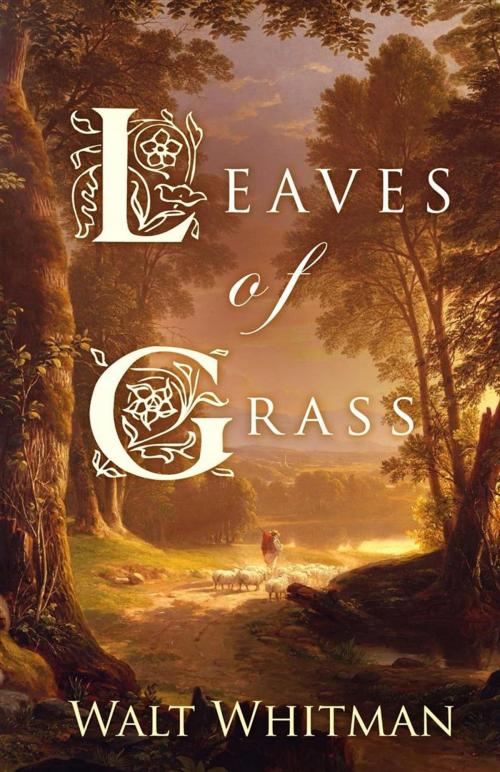


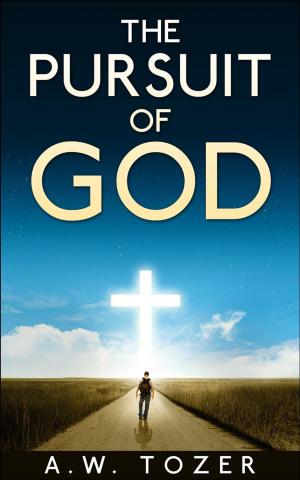
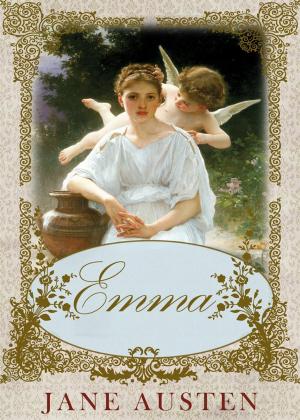
![Cover of the book In Search of Lost Time [Vol. 1 - 7] by Walt Whitman](https://www.kuoky.com/images/2013/november/300x300/1230000196041-bA3g_300x.jpg)

